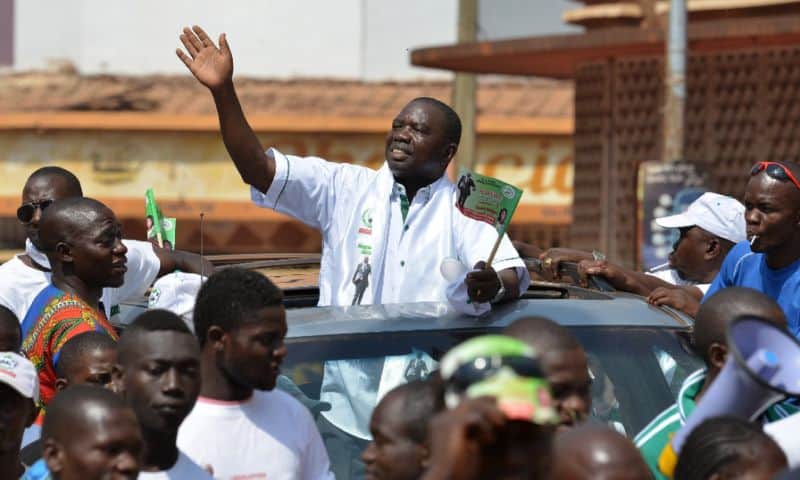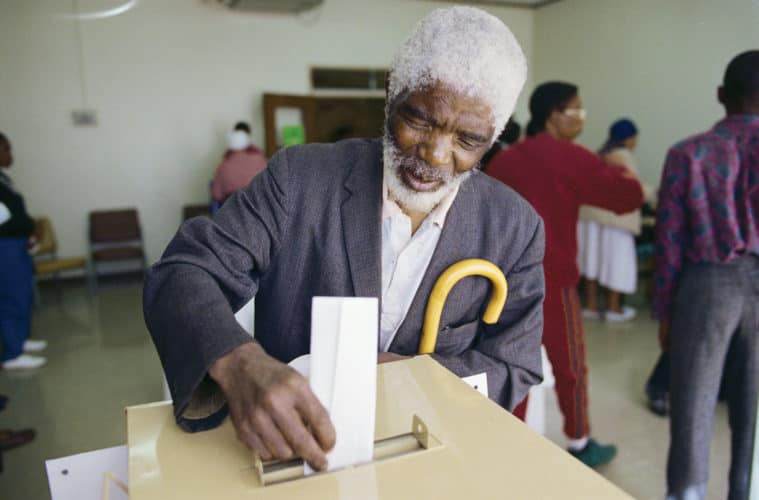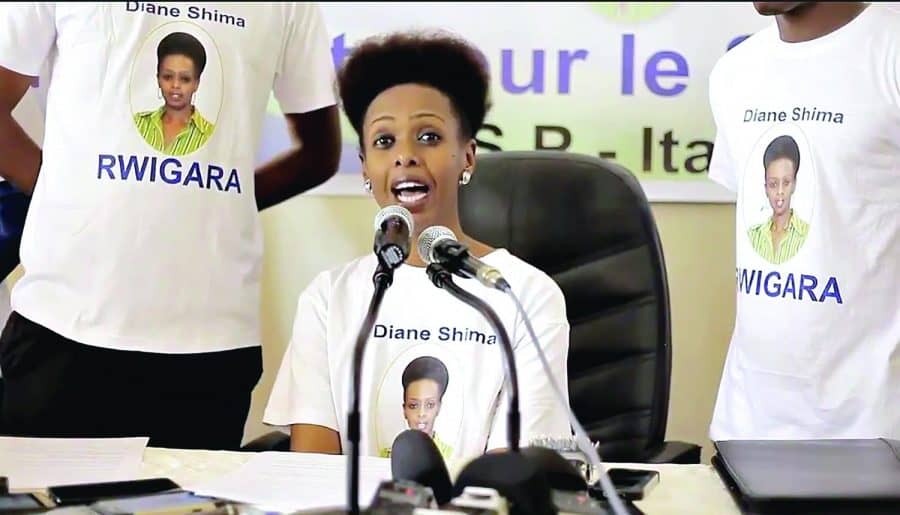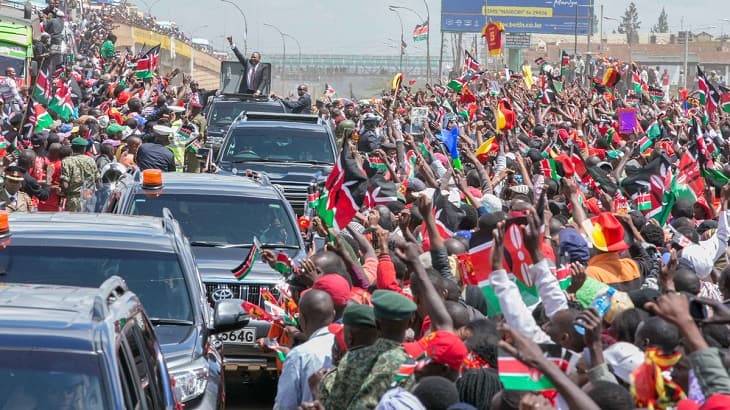It is election season in Africa once again, and the Electoral Institute for Sustainable Democracy in Africa (EISA) reports that no fewer than 23 African countries will be conducting elections in 2019, ranging from Local Government and National Assembly elections to the Presidency. Countries like Tunisia, Senegal, South Africa, Nigeria, Malawi, Mozambique, Libya, Namibia, Mauritania, Algeria, Guinea-Bissau and Botswana will be holding presidential elections, and there’s evidently so much at stake for the continent.
Of all the interesting incidents that accompany elections, there is always the emergence of new players into the political spectrum, each hoping to win or gain national recognition in the worst case. It can be argued that there is very little to lose in launching a political campaign as a newbie, except the candidate is deploying personal resources without building a significant political base to have a true fighting chance of winning, but that is ultimately a choice to be made by the electorate.
However, most citizens tend to treat unfamiliar faces in politics with a very healthy dose of scepticism, even when they have no love for the political dinosaurs who have dominated public spaces for all of their lives. So, why do people find it hard to rally behind new entrants into politics?
Here are five thoughts that dominate the minds of citizens:
- Do they belong to a recognizable political party?
As much as we despise politicians who belong to the ruling and dominant political parties because we believe they are the root of all our problems, we still give the side-eye to the new politician who knows that they have very little chance of securing a ticket on the platform of a dominant part and then settles for creating their own New African National Party (NANP). Without mincing words, no one will recognize NANP on the ballot, so …nope. We’re not going to vote for them.
South Africa’s Mmusi Maimane has earned national recognition in relatively short time because of his rapid rise in the Democratic Alliance. Source: https://bit.ly/2s9FXUj
- Do they have enough money for the campaign?
Let’s be honest, elections are very very expensive, so when a new candidate emerges, it is a very fair question to ask how they intend to fund the election. Who is paying for radio and television adverts? How are they going to afford billboards, street posters and branded vehicles? If they’re going for a presidential campaign and need to travel across a country with members of their team, how are they going to bankroll endless flight tickets and hotel stays? At the least, will they have enough to produce branded t-shirts and caps for their supporters? Is it all starting to look a little too much for Mr/Mrs Newbie?

Central African Republic presidential candidate Agustin Agou waves to supporters during a campaign rally. Compared to other presidential campaigns, this looks really weak on funding. Source: https://yhoo.it/2CQ6MTN
- Do they have a proper national base or just a few fans?
So, most new entrants into politics tend to be people who have worked really hard to earn their name in a small sector and who have been encouraged by a few fans to launch a political campaign so that they can do as much good for the local government, state/province or country. Very often, Mr/Mrs Newbie is cautious because they just want to do good, but you can’t say no to the fans, right? So, they launch a campaign. But the real question that potential voters are asking is “Does anyone else know this guy, or is it just me?” Knowing that citizens in African countries tend to speak hundreds of languages, and localize politics, it is a fair question to ask if this new entrant can really connect to citizens across a country and gain enough fans all around, not just in a few cities.
- No one knows if they will actually be better than the current crop
What is it they say about the devil you know? As much as we want to see “change” and “hope” and “new beginnings” and all the other campaign slogans that politicians bandy around, are we really willing to take a chance on this fresh face that has never been tested? Citizens tend to say things like “all politicians are thieves, so this one will be exactly like all those who have come before him”. For presidential elections that tend to have 4-5 year terms at minimum, are people really willing to take a chance on an unfamiliar face?

Several election campaigns in Africa are driven on sentiments so citizens vote based on hope rather than clear policy proposals. Source: https://bit.ly/2Qr2d5V
- “I cannot waste my vote on somebody who has no chance of winning”
Now, this is one line that is consistently thrown around by people who have next to zero intent to even vote in the first place. The concept of the “wasted vote” is built on the assumption that every vote cast for anyone other than the top two or three candidates is inconsequential since it will not make the race at the top more competitive. So, what is the incentive to register, stand in the hot sun for hours and eventually cast a vote for someone who has very little chance of winning? Never mind that democracy is about participation, it is just that much harder to convince a sceptic that that “wasted vote” actually has value.

In 2017, Diane Shima Rwigara launched a presidential campaign in Rwanda where it could be argued she had no chance of winning. Source: https://bit.ly/2LTh9sX
So, there you have it! The road to political relevance is filled with so many potholes for anyone who was not born in a presidential palace or whose godfathers do not currently roam the corridors of power.
What other reasons have you heard for not voting for a newbie in your country? Are you planning to vote for a newbie in upcoming elections in your country? Share your reasons.




